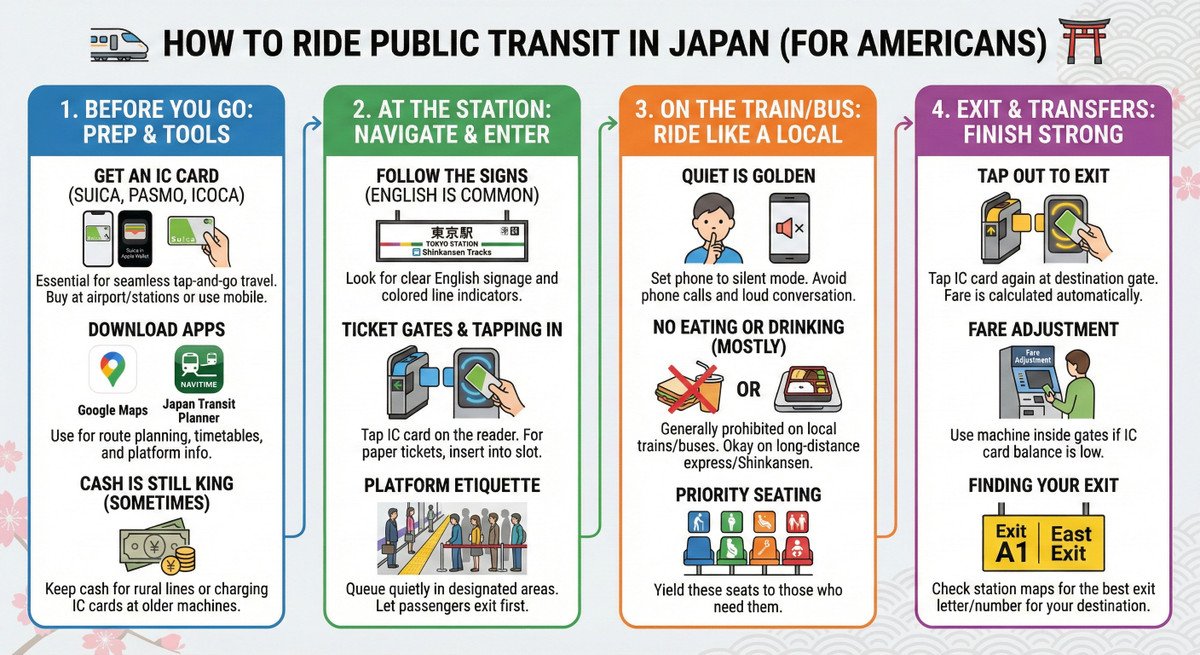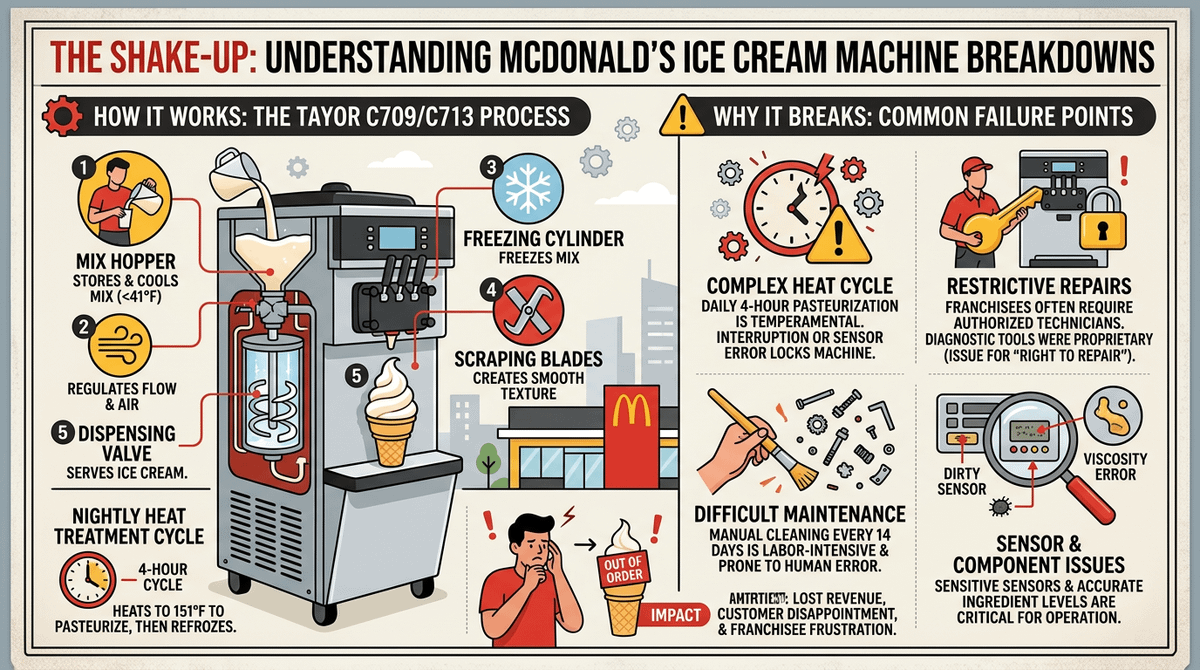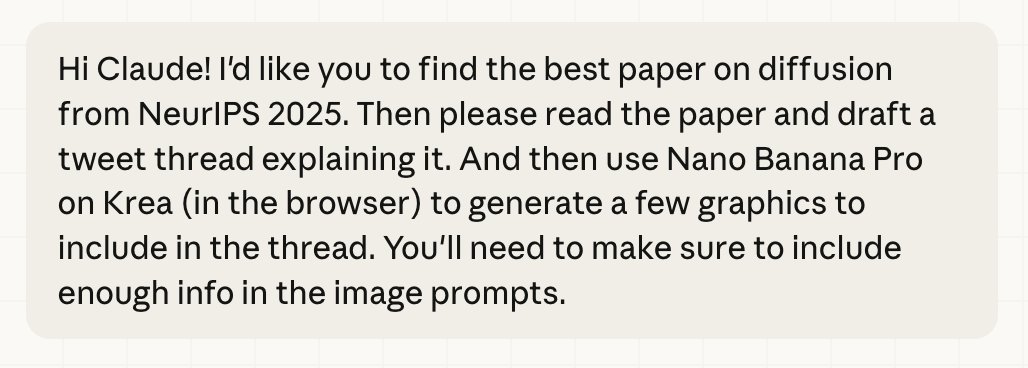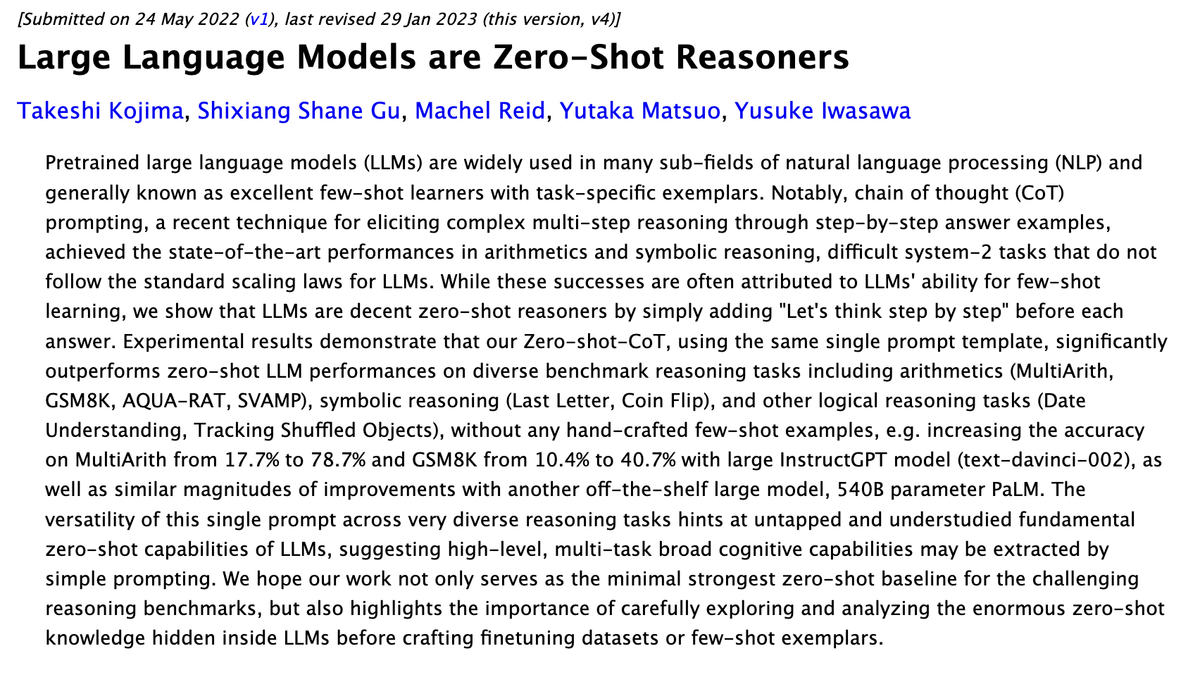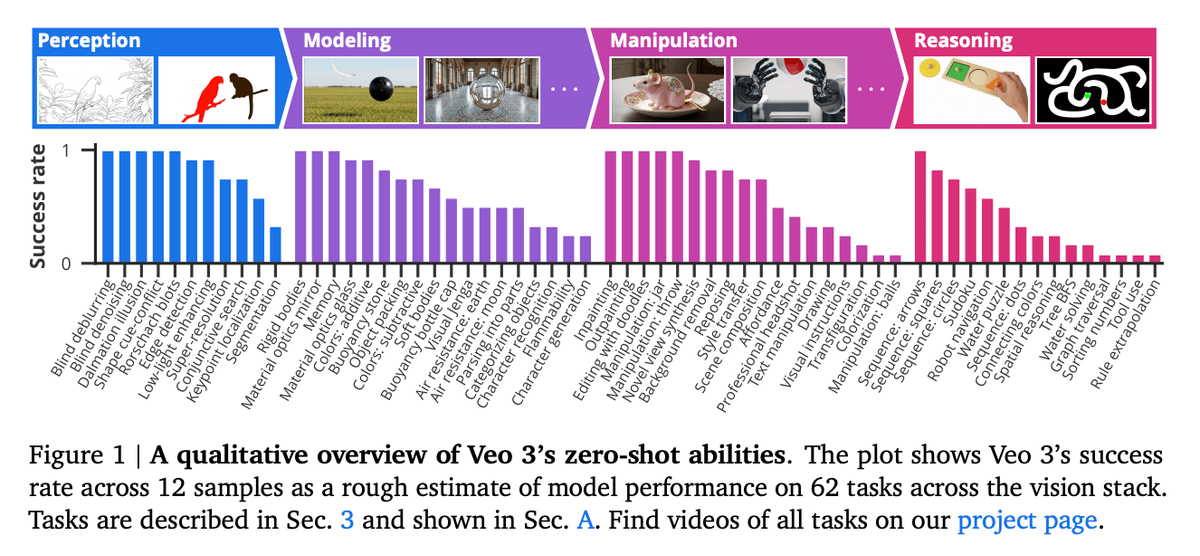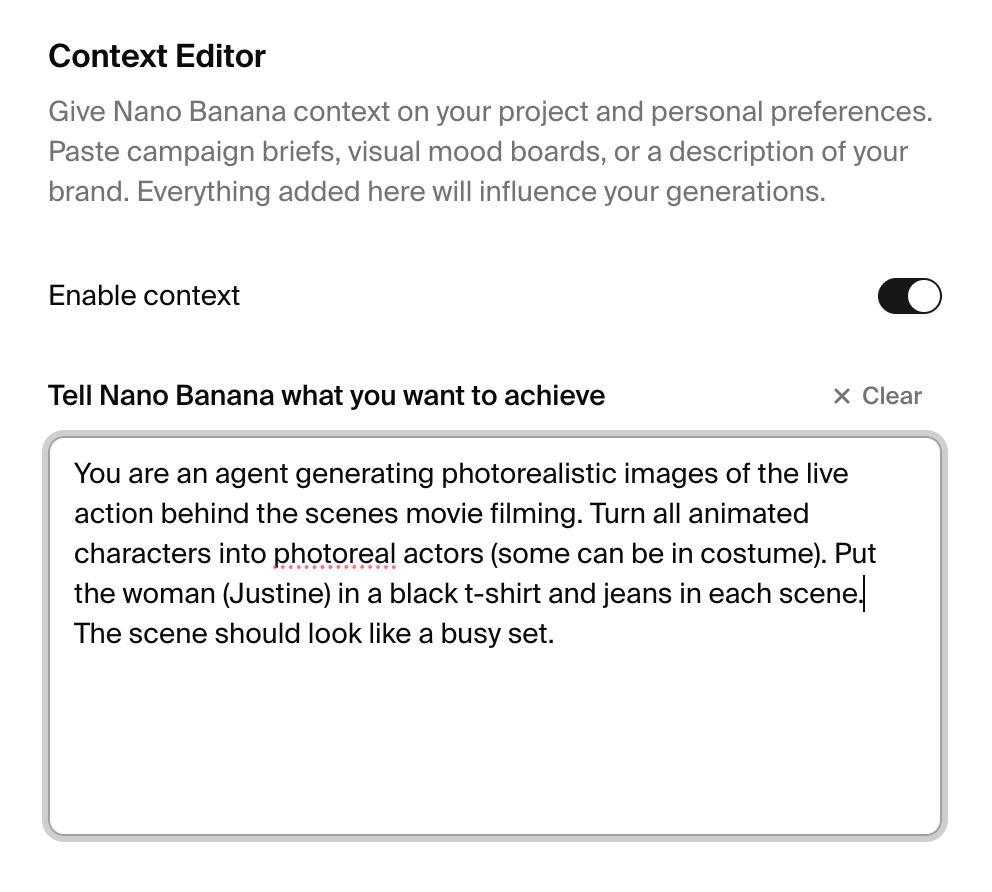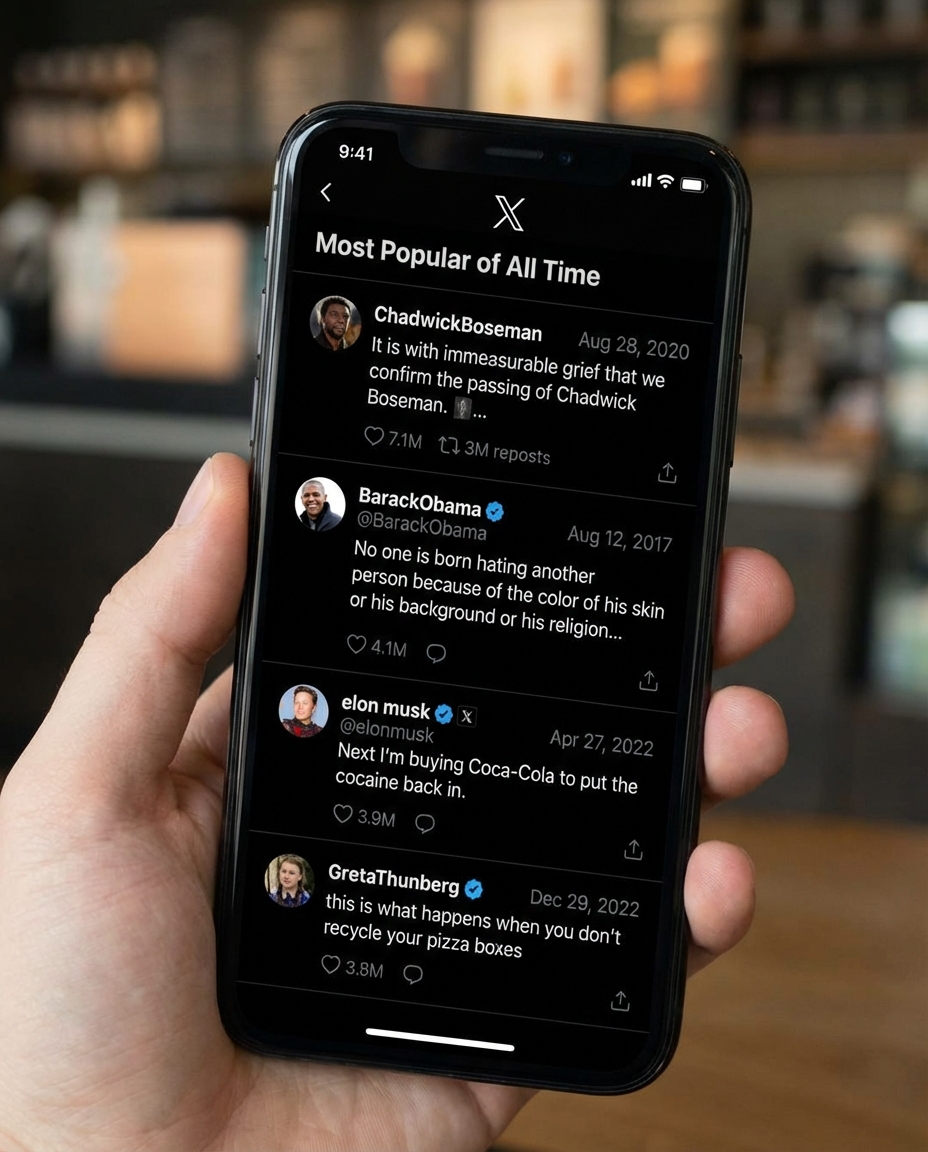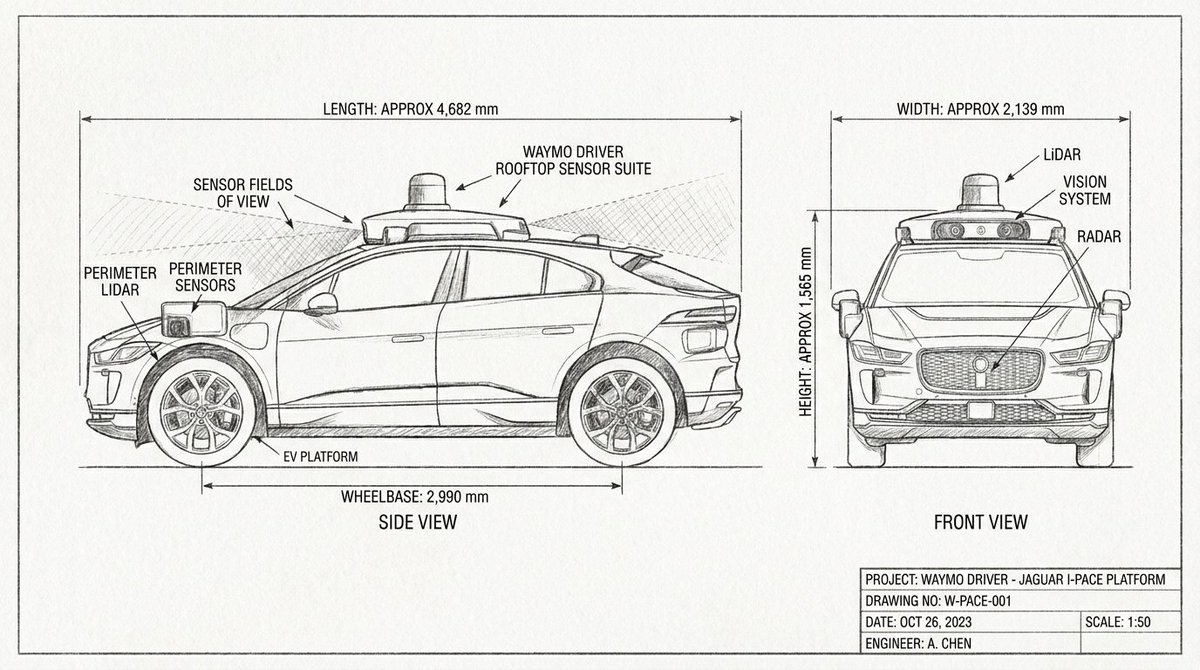ChatGPT just killed homework, essays, and take-home exams.
Or did it?
How written work might survive in the age of AI 👇
Or did it?
How written work might survive in the age of AI 👇

ChatGPT was a shock to the educational system.
Overnight, students could input a prompt or problem and get a solid result across subjects - English, history, CS, even science.
And unsurprisingly, they're using it to do their assignments and exams.
Overnight, students could input a prompt or problem and get a solid result across subjects - English, history, CS, even science.
And unsurprisingly, they're using it to do their assignments and exams.
https://twitter.com/CoorsLightCEO/status/1601016555487518721
Apps to answer math questions have been around for a while.
But ChatGPT is different - it can do things that previously required human judgment and analysis, like writing full essays or solving complex problem sets.
The result? An "existential crisis" for educators.
But ChatGPT is different - it can do things that previously required human judgment and analysis, like writing full essays or solving complex problem sets.
The result? An "existential crisis" for educators.

What's next? I see three paths forward:
1⃣ Schools adjust assignments to prevent the use of AI.
Take-home work largely disappears. Class time is used for proctored essays, problem sets, and exams.
Homework time is spent learning asynch via video - a "flipped classroom" model.
1⃣ Schools adjust assignments to prevent the use of AI.
Take-home work largely disappears. Class time is used for proctored essays, problem sets, and exams.
Homework time is spent learning asynch via video - a "flipped classroom" model.

2⃣ Schools embrace AI.
Students will use AI in real life. Why make them do things the "old fashioned way" at school?
Instead, lessons will incorporate AI - teaching students how to write prompts, analyze outputs, and edit as needed (CC: @emollick).
Students will use AI in real life. Why make them do things the "old fashioned way" at school?
Instead, lessons will incorporate AI - teaching students how to write prompts, analyze outputs, and edit as needed (CC: @emollick).
https://twitter.com/emollick/status/1600251548075888640
3⃣ Schools learn to audit AI.
In this case, AI assistance is viewed like plagiarism. Educators learn how to detect it, and have policies in place to downgrade or disqualify assignments.
A "GPT watermark" may already be in the works at OpenAI 👀
In this case, AI assistance is viewed like plagiarism. Educators learn how to detect it, and have policies in place to downgrade or disqualify assignments.
A "GPT watermark" may already be in the works at OpenAI 👀
https://twitter.com/nabeelqu/status/1600347250806300672?s=20&t=bOm9oyZcRmuHqPweVuU9zw
Alternatively, a Turnitin.com style tool could be used to predict the likelihood that an assignment was AI-generated.
It could flag:
- Discrepancies between in-class and take-home work
- Heavy use of words/phrases popular with AI tools
- "Unnatural" sentence structure
It could flag:
- Discrepancies between in-class and take-home work
- Heavy use of words/phrases popular with AI tools
- "Unnatural" sentence structure

Today, we're in a state of "AI panic" as parents and educators scramble to address ChatGPT.
FWIW - I think it's not entirely a bad thing. Technological progress is, by nature, disruptive.
Even calculators sparked heavy debate in the 1980s!
onlinelibrary.wiley.com/doi/abs/10.111…
FWIW - I think it's not entirely a bad thing. Technological progress is, by nature, disruptive.
Even calculators sparked heavy debate in the 1980s!
onlinelibrary.wiley.com/doi/abs/10.111…

To me, the rise of AI tools presents a question to us all:
Do we maintain the status quo, or use AI as an opportunity to rethink the way we deliver education?
If you're building at the intersection of AI and learning, our team @a16z would love to hear from you 👀
Do we maintain the status quo, or use AI as an opportunity to rethink the way we deliver education?
If you're building at the intersection of AI and learning, our team @a16z would love to hear from you 👀
@a16z Quick addition: @omooretweets and I asked our Accelerated 🚀 audience (~30K millennials + Gen Zers) about the most likely outcome here.
The results, and a few more thoughts on the subject ⬇️
readaccelerated.com/p/is-this-the-…
The results, and a few more thoughts on the subject ⬇️
readaccelerated.com/p/is-this-the-…

• • •
Missing some Tweet in this thread? You can try to
force a refresh




